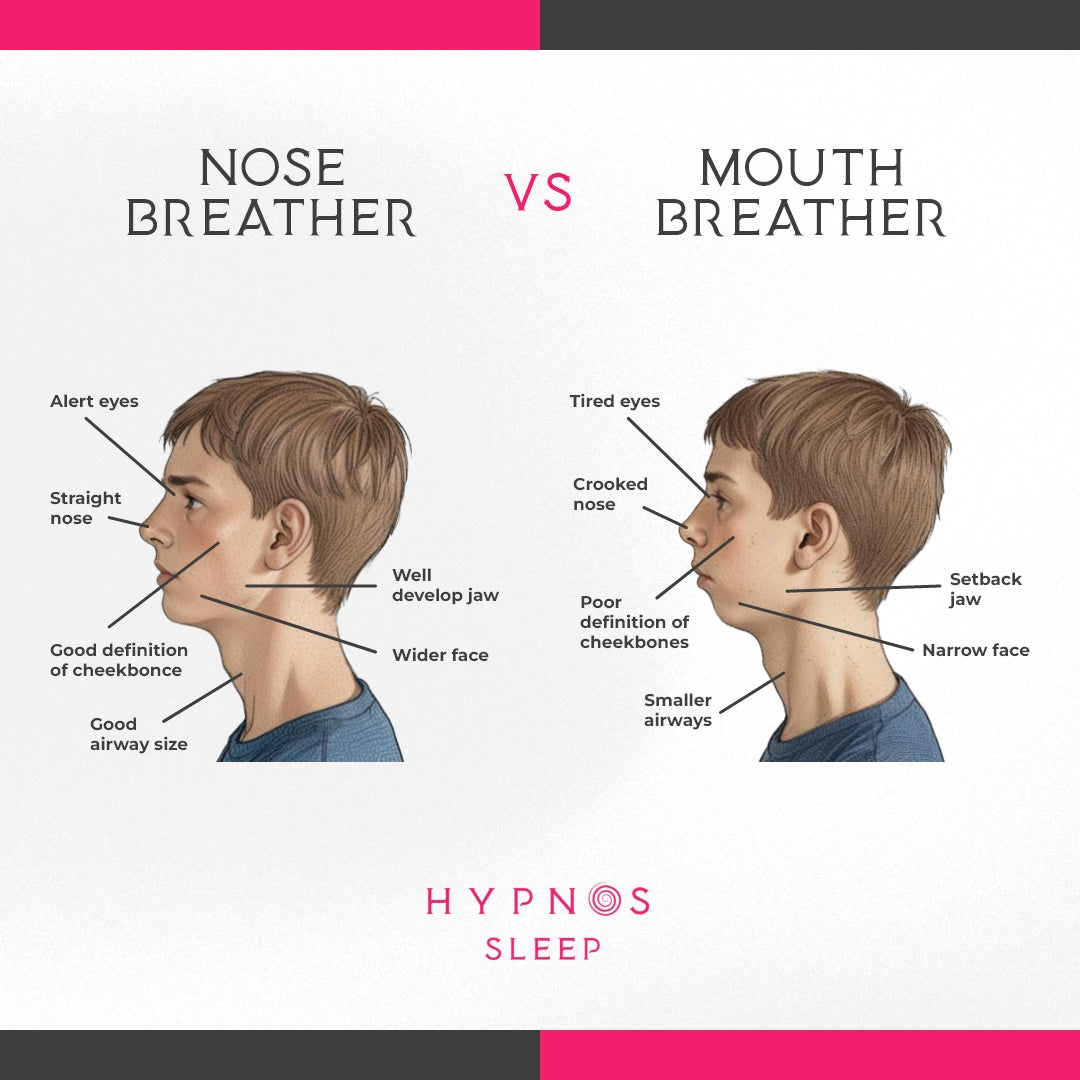Pumping iron, pounding pavement, pushing your limits – you hit the gym hard, but are you giving your body the rest it needs to rebuild and grow? Turns out, sleep isn't just for feeling more rested; it's the most effective way to build muscle. Let's dive into the science behind sleep's impact on muscle recovery and growth.
Sleep: The Architect of Muscle
While you're catching a pump, your muscles experience microscopic tears. Don't worry, this is actually a good thing! These tears signal the start of the rebuilding process, where your body repairs and strengthens the muscle fibers. But here's the catch: all the recovery primarily happens during sleep.
When you're in REM sleep, your body releases a ton of hormones crucial for muscle growth and repair, including:
- Human growth hormone (HGH): This superstar hormone stimulates protein synthesis, the process of building new muscle tissue. Studies show HGH levels peak during deep sleep, making it crucial for maximizing muscle growth.
- Testosterone: This hormone plays a key role in muscle mass and strength development. While testosterone levels naturally fluctuate throughout the day, research suggests sleep deprivation can suppress them, hindering muscle growth.
- Insulin-like growth factor (IGF-1): This growth factor works synergistically with HGH to promote muscle repair and protein synthesis. Similar to HGH, IGF-1 levels are highest during deep sleep.
Sleep Deprivation: The Gains Killer
Skimping on sleep really slows down your muscle building process. When you're sleep-deprived:
- HGH, testosterone, and IGF-1 levels plummet: This hormonal imbalance limits your body's ability to repair and build muscle.
- Inflammation increases: Sleep deprivation triggers the release of inflammatory markers, which can hinder muscle recovery and growth.
- Cortisol levels rise: This stress hormone can break down muscle tissue, counteracting the positive effects of your workouts.
The Sleep Prescription for Muscle Gains:
So, how much sleep do you need to fuel your muscle-building engine? Aim for 7-9 hours of quality sleep per night. Here are some tips to optimize your sleep for maximum muscle gains:
- Stick to a regular sleep schedule: Go to bed and wake up at consistent times, even on weekends.
- Create a relaxing bedtime routine: Wind down with calming activities like reading or taking a warm bath before bed.
- Make sure your bedroom is dark, quiet, and cool: A comfortable sleep environment is crucial for restful slumber.
- Limit caffeine and alcohol before bed: These substances can interfere with sleep quality.
- Exercise regularly, but not too close to bedtime: Physical activity can help you fall asleep faster, but avoid strenuous workouts right before bed as they can rev up your system.
Remember, sleep isn't just a reward for hitting the gym; it's an essential part of the training process. By prioritizing sleep, you're giving your body the tools it needs to recover, rebuild, and grow, pushing your muscle-building journey to the next level. So, hit the hay, fuel your gains, and wake up ready to conquer your next workout!
Sources:
- National Sleep Foundation: https://www.sleepfoundation.org/
- National Strength and Conditioning Association: https://www.nsca.com/
- Mayo Clinic: https://www.mayoclinic.org/healthy-lifestyle/adult-health/basics/sleep/hlv-20049421
Bonus Tip: Consider incorporating pre-sleep snacks rich in protein and slow-digesting carbs.These can provide sustained amino acid release throughout the night, further supporting muscle repair and growth. If your goal is overall health, however, it might be a better move to let your digestive track rest and recover. It plays a major role in your overall immunity and constantly digesting food never let's it focus on other tasks.




Leave a comment
This site is protected by hCaptcha and the hCaptcha Privacy Policy and Terms of Service apply.